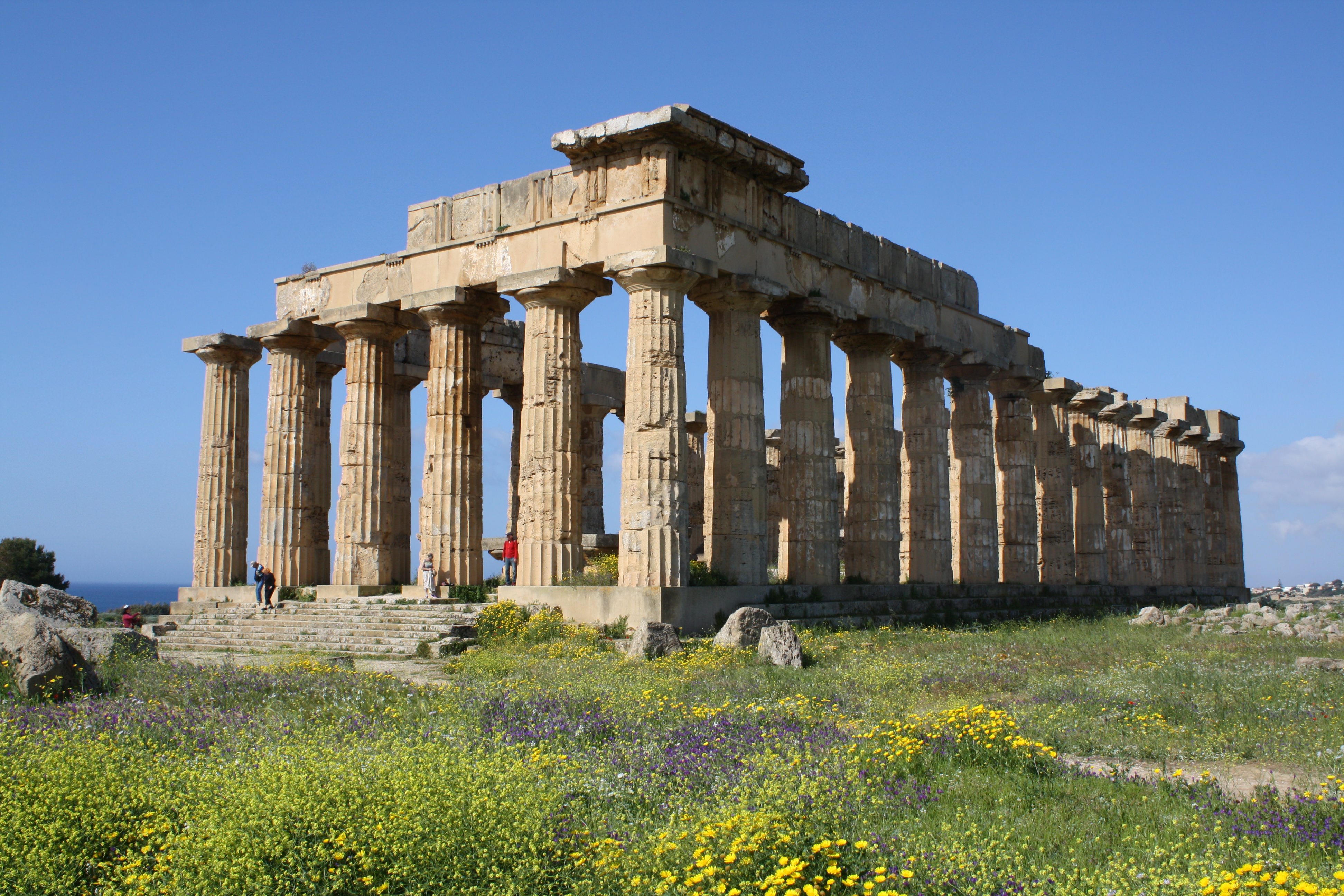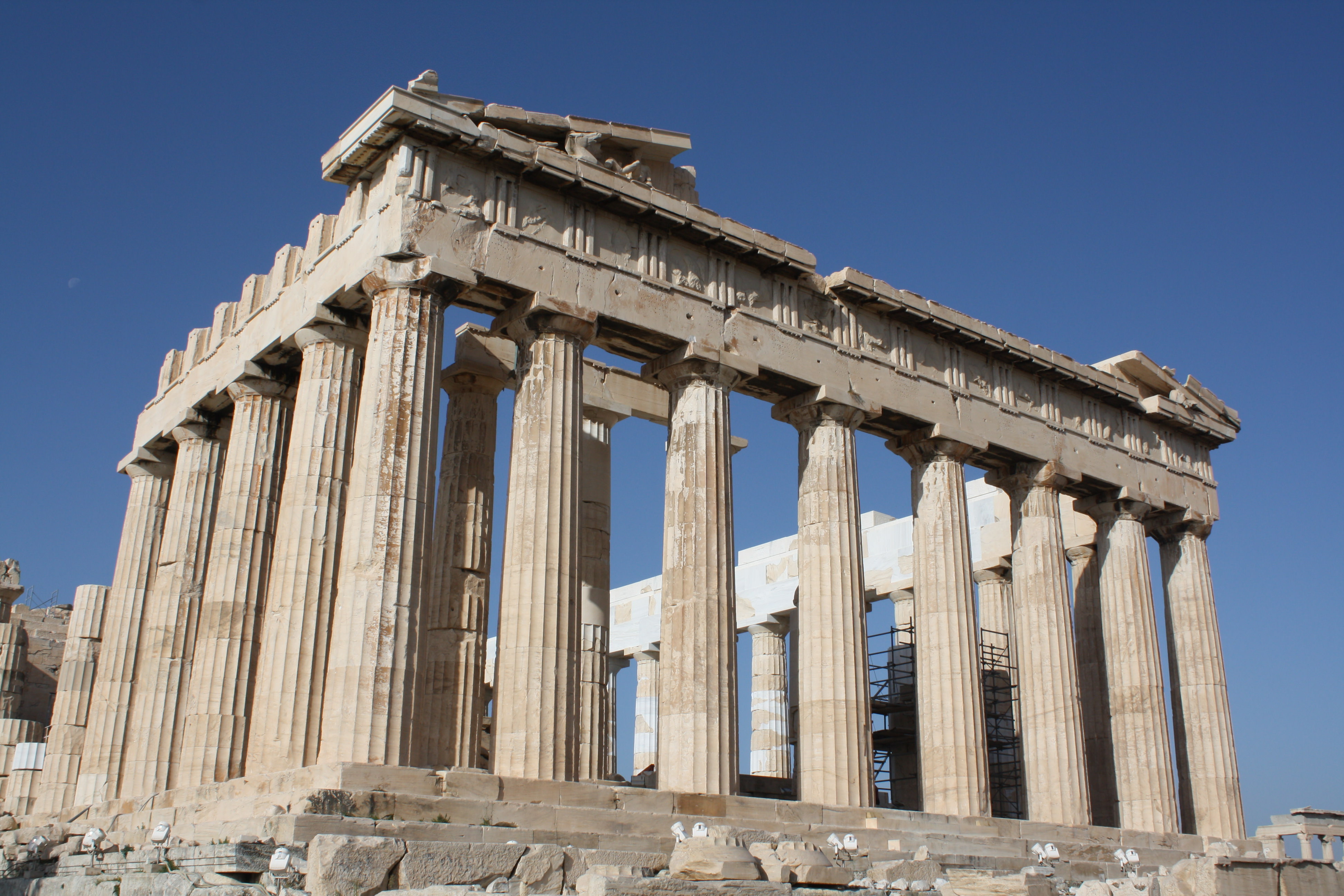In the cradle of ancient civilization, where myths and legends intertwine with historical truths, a chapter of resolute defiance unfolded, forever etching the name Greece in the annals of independence struggles. The Greek War of Independence, like a phoenix rising from the ashes of oppression, stands tall as an extraordinary testimony to the human spirit’s unwavering pursuit of freedom and national sovereignty. It was a tumultuous revolutionary saga, wrought with arduous battles, inspiring leaders, and profound sacrifices, painting a poignant portrait of the birth of a nation amid the ruins of an ancient empire. Through the following pages, we shall journey back in time, delving into the shades of this historic conflict that left an indelible mark on Greece and the world, leaving in its wake a legacy of independence that resonates to this very day.
A Struggle for Freedom: The Greek War of Independence
The Greek War of Independence, also known as the Hellenic Revolution, holds significant historical importance as it marked the birth of a nation that had long suffered under Ottoman rule. This arduous struggle, fought by the Greeks against the powerful Ottoman Empire, lasted for almost a decade from 1821 to 1830.
At the heart of the conflict lay a fervent desire for freedom and a yearning for Greek independence. The Greeks fought valiantly, igniting a flame of resilience and hope that spread across the nation. During this period, several noteworthy events and figures emerged, shaping the course of history. Some such events include the revolutionary outbreak in 1821, the Siege of Missolonghi, and the intervention of foreign powers such as Russia, France, and Britain. The heroic deeds of influential figures like Alexander Ypsilantis, Theodoros Kolokotronis, and Lord Byron further galvanized the Greek cause, inspiring countless others to join in the fight.

Reviving Ancient Glory: Cultural Roots of the Greek Revolution
The Greek War of Independence: Birth of a Nation
Amidst the picturesque landscapes of Greece, a nation’s spirit inflamed, culminating in its hard-fought battle for independence. The Greek War of Independence, often referred to as the Greek Revolution, served as a pivotal turning point in the country’s history, reviving its long-lost sense of cultural pride. This monumental conflict, which took place in the early 19th century, breathed life into the ancient roots of Greece, showcasing the enduring legacy of a nation proudly built on its historical heritage.
The Greek War of Independence emboldened the Greek people, who had endured centuries of foreign rule, to rise against the Ottoman Empire and reclaim their autonomy. The echoes of ancient Greece’s democratic past reverberated through this quest for freedom, fueling the passion of its revolutionaries. Drawing from the glorious heritage of Greek legends, traditions, and philosophical ideals, they forged their identity as resolute fighters for liberty. From the towering columns of the Parthenon to the wise words of Socrates, the Greeks found strength in their cultural heritage, uniting under a shared vision of a nation reborn.

Resilience and Sacrifice: Heroes and Heroines of the Greek War for Independence
The Greek War of Independence, a monumental chapter in Greek history, witnessed countless acts of resilience and sacrifice by both heroes and heroines who fought with unwavering determination for their nation’s liberation. These remarkable individuals became the living embodiment of valor and courage, inspiring generations to come.
From the legendary revolutionary leader, Theodoros Kolokotronis, whose fearless leadership and military genius helped shape the Greek War of Independence, to the valiant and fearless heroines like Laskarina Bouboulina and Manto Mavrogenous, who defied societal norms and took up arms alongside their male counterparts, the war showcased the incredible spirit and strength of the Greek people. These heroes and heroines stood firm in their resolve to reclaim their freedom, despite facing insurmountable odds and enduring unimaginable hardships.
- Theodoros Kolokotronis – A visionary military strategist and an unyielding symbol of resistance.
- Laskarina Bouboulina – A fearless captain, leading naval forces and becoming the first female admiral in world history.
- Manto Mavrogenous – A socialite turned revolutionary, funding and leading troops to battle.
The Greek War of Independence was not merely a struggle for freedom; it was the birth of a nation, an arduous journey that carved out a place for Greece among independent nations. The tales of resilience and sacrifice from this epochal period continue to inspire and remind us of the indomitable human spirit. Throughout the war, the Greeks faced numerous hardships, including massacres, famine, and devastating battles, but their determination and love for their homeland propelled them forward, unyielding in their resolve to achieve liberty and self-determination.
Their sacrifices and unwavering commitment to their cause earned the respect and admiration of the international community, eventually leading to Greece’s independence in 1830. The Greek War of Independence remains an enduring testament to the power of resilience in the face of oppression, igniting a flame of national pride that still burns brightly to this day.

Unleashing National Pride: Lessons from the Greek War of Independence
The Greek War of Independence, often referred to as the spark that ignited national pride, was a pivotal moment in Greece’s history. This historic event, which unfolded between 1821 and 1830, symbolized the triumph of the Greek people against the oppressive Ottoman Empire and marked the birth of a new nation. Through the course of this revolutionary war, the Greeks taught the world invaluable lessons about resilience, determination, and the unwavering power of unity.
The Greek War of Independence demonstrated the following crucial lessons:
- The Power of Sacrifice: Greek revolutionaries were willing to lay down their lives in the pursuit of freedom, proving that the desire for independence can drive individuals to make immense sacrifices.
- The Significance of National Identity: The war served as a catalyst for the formation and solidification of a distinct Greek national identity. Through their fight, the Greeks showcased the power of unity, rallying around a shared purpose and values.
- The Resilience of Spirit: Despite facing overwhelming odds, the Greeks persevered, refusing to be intimidated or defeated. This unwavering resilience inspired not only their compatriots but also future generations worldwide.
- The Role of International Solidarity: The Greek War of Independence drew the attention of numerous European countries, who supported the Greek cause. This international solidarity highlighted the importance of global alliances in the pursuit of freedom and justice.
To Conclude
As the curtain falls on the epic tale of the Greek War of Independence, we find ourselves in awe of the remarkable birth of a nation. The echoes of battle once resounded through the rugged mountains and ancient ruins, as a passionate people waged a struggle that would determine their destiny. From the embers of oppression and the ashes of subjugation, Greece emerged, phoenix-like, transformed and defiant.
Like the heroes of old, the Greeks summoned an unwavering determination, drawing strength from the very soil that had witnessed their ancestors’ glory. With hearts aflame and swords unsheathed, they united under the banner of freedom, weaving a narrative that would echo through history.
Through poetry and prose, folklore and fact, the Greeks galvanized a nation hungry for liberation. An intoxicating mix of revolutionary fervor and indomitable spirit swept across the land, turning ordinary farmers and craftsmen into warriors of unyielding valor. Stories of courage and sacrifice resonated like a battle hymn, as the struggle for independence transformed into a symphony of resilience.
The symphony reached its crescendo on that fateful day in 1821, when the drums of revolution drowned out the sighs of submission. The spark ignited in the cliffs of Mani set the Aegean ablaze, spreading like wildfire across the mainland and the islands. Every village, every city, and every soul became a tectonic force, reshaping the narrative of Greek history.
The Greek War of Independence was not merely a struggle for freedom from foreign rule; it was the rekindling of a nation’s identity, a rediscovery of its cultural and intellectual heritage. The ancient Greeks, whose achievements once illuminated the world, were reawakened from their slumber, inspiring a generation to reach for the stars.
As the cannons fell silent, a new chapter unfolded, and Greece emerged from the shadows of the Ottoman Empire’s yoke. The birth of a nation had been accomplished through blood and tears, sacrifice and resilience. The road to independence had been arduous, but the strength of the Greek people had prevailed.
Yet, in embracing their newfound freedom, the Greeks understood that their journey had only begun. The struggle for nation-building beckoned, as a phoenix rises from the ashes, another arduous task awaited them. With unwavering resolve, they embarked on the path toward progress, democracy, and unity.
Today, as we reflect on this astonishing chapter of Greek history, let us celebrate the indomitable spirit and bravery of those who fought, those who fell, and those who dared to dream. The Greek War of Independence was more than the liberation of a nation—it was a testament to the resilience of the human spirit, forever etched in the annals of history.
And so, we bid farewell to this epic tale, knowing that in the heart of Greece, a nation stands tall—a phoenix reborn, embracing the legacy of its past, and forging a future as bright as the sun-drenched shores of the Aegean.

